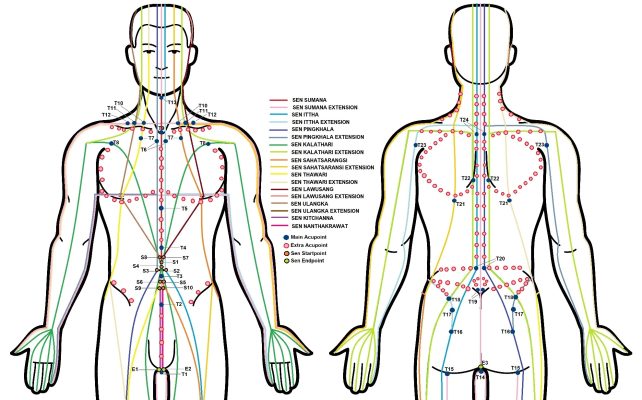
If you plan to sell products through your website it’s of course essential that people visit your site. So, how do people find our website?
Well, there are different things that happen, but about 40% of our traffic (visits to the website) comes through Internet Search Engines such as Google, Bing, DuckDuckGo, Yahoo Search, and so on. That is, the articles we post on our site are picked up by these Search Engines and subsequently indexed and presented to people who search on certain key words or phrases when they use those tools.
Another 60% of our website traffic comes from other sources, which includes YouTube (through our YouTube channel and videos), Pinterest (through our pins or other people’s pins), clicks through our email newsletters and followers, people or companies who reference our site or articles on their website or social media (Reddit, Facebook, Instagram, WhatsApp, etc.), those who reference our site in their conversations with acquaintances, via Gumroad, and through direct linking (people have bookmarked our site in their browser or directly type in the name of our site).
Over time, the number of visitors (and hence the percentage) that comes via other sources than Search Engines has been growing steadily. When we just started in 2018, almost all our traffic came through Search Engines. But as people start to find you, they also increasingly mention you in their social media or they bookmark or just know your site, and so on. In addition, our email list of subscribers and customers grew and therefore also the number of clicks to our website when we send an email newsletter.
So, what you see is that — throughout the years — Search Engines (the Googles and Bings of this world) have become less important to us when it comes to attracting website visitors. Nevertheless, it’s still quite essential, notably when it is about exposure of newly published articles and/or new topics we embark on.
However, we hope to become even less dependent on Search Engine listings for people to find us. The thing is that Search Engines have more and more become “representatives” of big companies (such as Amazon, Healthline, WebMD, and such) and of others who pay for advertising through Search Engine platforms or place their ads on their sites.
The result of this development has been that small, independent publishers have increasingly been marginalized in search results with of course negative consequences for their website traffic and subsequent sales opportunities. But all that is another topic of which I’m sure I will dedicate a separate post on.













